How to avoid the airport chaos this summer
Mayhem shows no sign of abating, with Heathrow warning it could continue until 2026
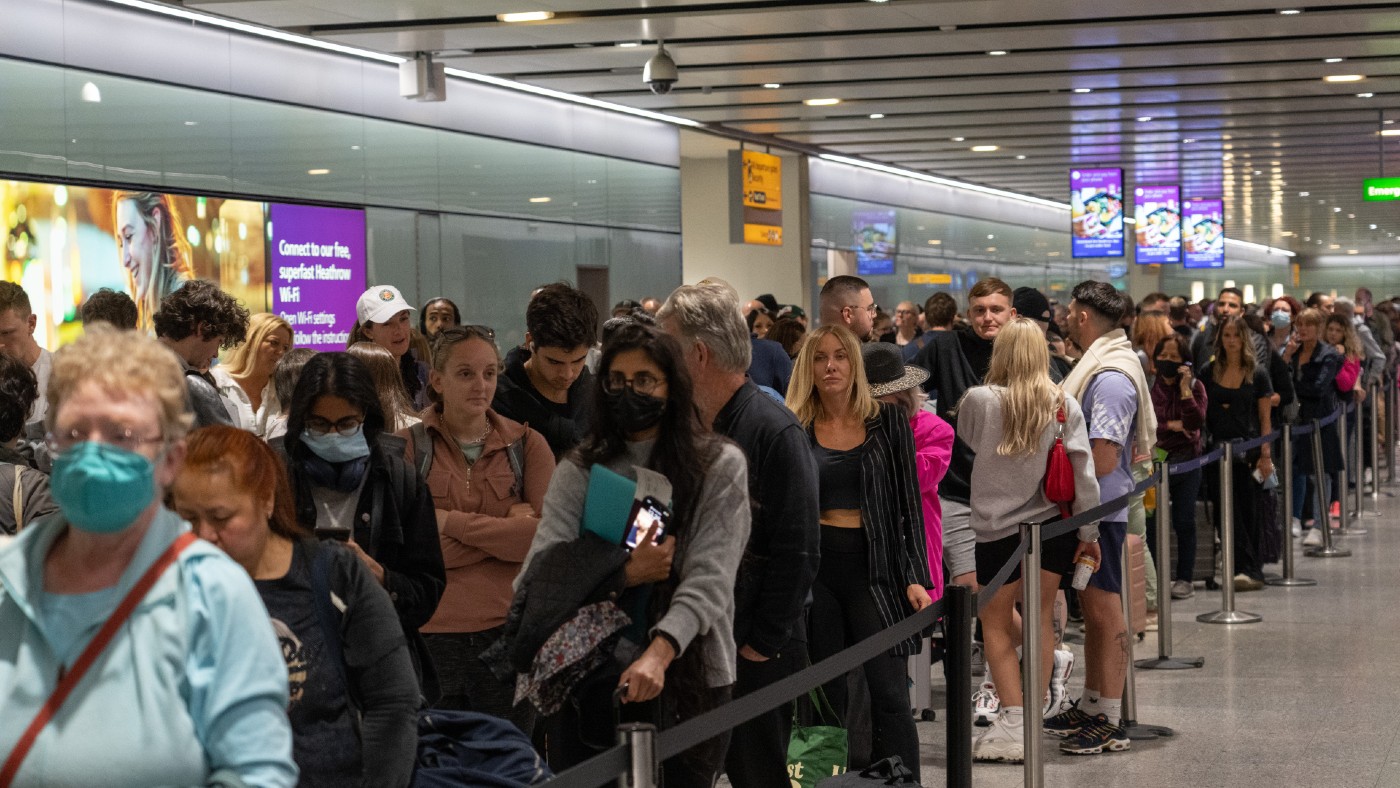
A free daily email with the biggest news stories of the day – and the best features from TheWeek.com
You are now subscribed
Your newsletter sign-up was successful
Ongoing chaos at UK airports has seen British Airways cancel flights for up to 105,000 holidaymakers due to strike action, hundreds of suitcases go missing, and the government forced to speed up security checks for new workers in an effort to ease the disruption.
And this travel mayhem shows no sign of abating, with Heathrow, the UK’s largest and busiest airport, warning last week that the nightmare could continue until 2026.
As the school holidays kick off and Britain settles in for “a summer of discontent for air travellers”, as The Irish Times described it, questions are being asked about how best to avoid the chaos – or at least make the experience of flying as stress-free as possible.
The Week
Escape your echo chamber. Get the facts behind the news, plus analysis from multiple perspectives.

Sign up for The Week's Free Newsletters
From our morning news briefing to a weekly Good News Newsletter, get the best of The Week delivered directly to your inbox.
From our morning news briefing to a weekly Good News Newsletter, get the best of The Week delivered directly to your inbox.
Avoid certain airlines
Figures obtained by the i news site suggest that flights booked with certain airlines can be more at risk of cancellation than others. The stats, crunched by travel data analyst Cirium, show that Eurowings (Lufthansa’s low-cost subsidiary) had the highest overall percentage of cancelled flights for departures from UK airports in June, at 15.686%.
Eurowings was followed by Eastern Airways, Air France/KLM, easyJet, WizzAir, and British Airways, which together cancelled 419 flights in total.
By contrast were Ryanair and TUI Airways, which cancelled just 32 and 27 flights respectively and recorded the lowest percentages of cancellations.
So if you have more than one carrier option for reaching your destination, carefully choosing which one to go for could affect the likeness of your flight actually leaving the runway.
A free daily email with the biggest news stories of the day – and the best features from TheWeek.com
Avoid these airports
Data shows that not all airports are equal victims of the travel chaos, with some experiencing far more disruption than others. According to Cirium and the i news site, the airports with the highest percentage of cancelled departures between Easter and the end of June were Humberside (4.89%), Southampton (4.31%), London City (3.55%), Teeside (3.18%) and Gatwick and Bristol (both on 2.58%).
“Some of the UK’s busiest airports – Heathrow, Manchester, Stansted and Luton – saw less than 2% of flights cancelled, with Stansted experiencing just 0.24%,” added the paper.
Be savvy with your timings
It is “a misconception that flying early is a good way to dodge the worst of the airport queues”, said Euro News. The biggest queues at Manchester, Birmingham and Leeds Bradford airports are reportedly occurring in the early hours, between around 4am and 7am.
Back in June, Leeds Live said passengers had described Leeds Bradford Airport as being like a “theme park” between the hours of 3am and 5am, when long queues could be seen outside the airport.
Figures from global travel data provider OAG show that up to 13% of an entire day’s flights departing from one of the UK’s smaller airports leave between 6am and 7am.
So if you’re “looking to book a flight somewhere soon”, said Euro News, avoiding peak times by travelling at lunchtime “could be your best bet”.
Do as much as you can in advance
Once your plane is booked and (hopefully) not cancelled, the government recommends that you do as much “admin” as you can before you reach the airport.
Check in online, if your airline allows it, as this means you can “go straight to airport security” on arrival, if you don’t have a bag to check in.
Sort out your hand luggage at home and place any liquids (maximum size 100ml) – including make-up, toiletries and hand sanitiser – in a clear resealable plastic bag.
Get your boarding pass ready too, as well as any Covid-19 documentation that’s required by your destination. This will save considerable time at the airport.
Stay at home on certain days
It would be smart to avoid booking a flight on Friday 29 July, which is currently “the busiest planned day for airline departures across the UK’s airports”, reported the i news site. On that day, Heathrow is scheduled to be the busiest airport, followed by Gatwick and then Manchester.
According to the i, Fridays are generally the busiest day for departures, followed by Mondays and Sundays. “Those looking for a last-minute escape that want to avoid pinch points should consider flying on a Tuesday, Wednesday or Thursday,” the paper recommends.
Check your travel insurance
The consumers’ rights publication Which? has been urging air travellers to “look closely at their policy ahead of expected summer disruption”, specifically to see if they are covered for industrial action, said the BBC.
According to Which?, four in ten travel insurance policies offer no protection if flights are cancelled due to strikes.
Anyone planning to fly this summer is advised to take a close look at their policy’s terms and conditions as far in advance as possible, and plan accordingly if they are not covered.
Look at other options
“Despite rail strikes in the UK, looking into alternative ways to travel could be an option if you are yet to book your flights,” said Euro News. In general, railways have been less impacted by the recent travel chaos “and connections across Europe are rapidly improving”.
Rail travel is also a far greener option for holidaymakers. According to Eurail, the European rail pass company, taking the train is “the most environmentally friendly way of travelling” after walking and cycling, with trains emitting between 66 and 75% less carbon than cars and planes.
Easy European destinations to visit by train from the UK include Paris, Amsterdam and Brussels, but almost all major cities are reachable by rail route.
-
 The ‘ravenous’ demand for Cornish minerals
The ‘ravenous’ demand for Cornish mineralsUnder the Radar Growing need for critical minerals to power tech has intensified ‘appetite’ for lithium, which could be a ‘huge boon’ for local economy
-
 Why are election experts taking Trump’s midterm threats seriously?
Why are election experts taking Trump’s midterm threats seriously?IN THE SPOTLIGHT As the president muses about polling place deployments and a centralized electoral system aimed at one-party control, lawmakers are taking this administration at its word
-
 ‘Restaurateurs have become millionaires’
‘Restaurateurs have become millionaires’Instant Opinion Opinion, comment and editorials of the day
-
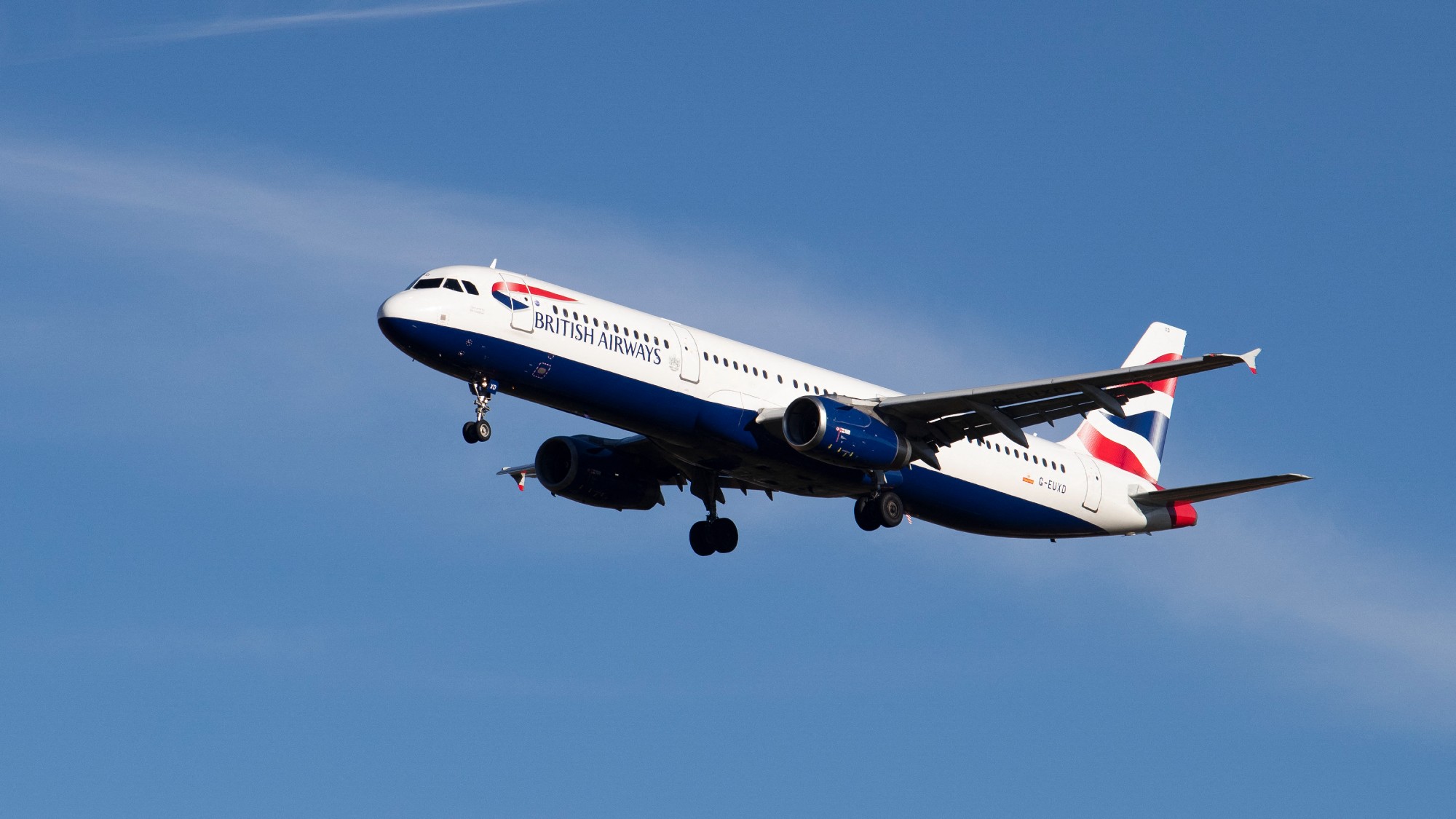 The strangely resilient phenomenon of stowaways on planes
The strangely resilient phenomenon of stowaways on planesThe Explainer Lapses in security are still allowing passengers to board flights without tickets or passports
-
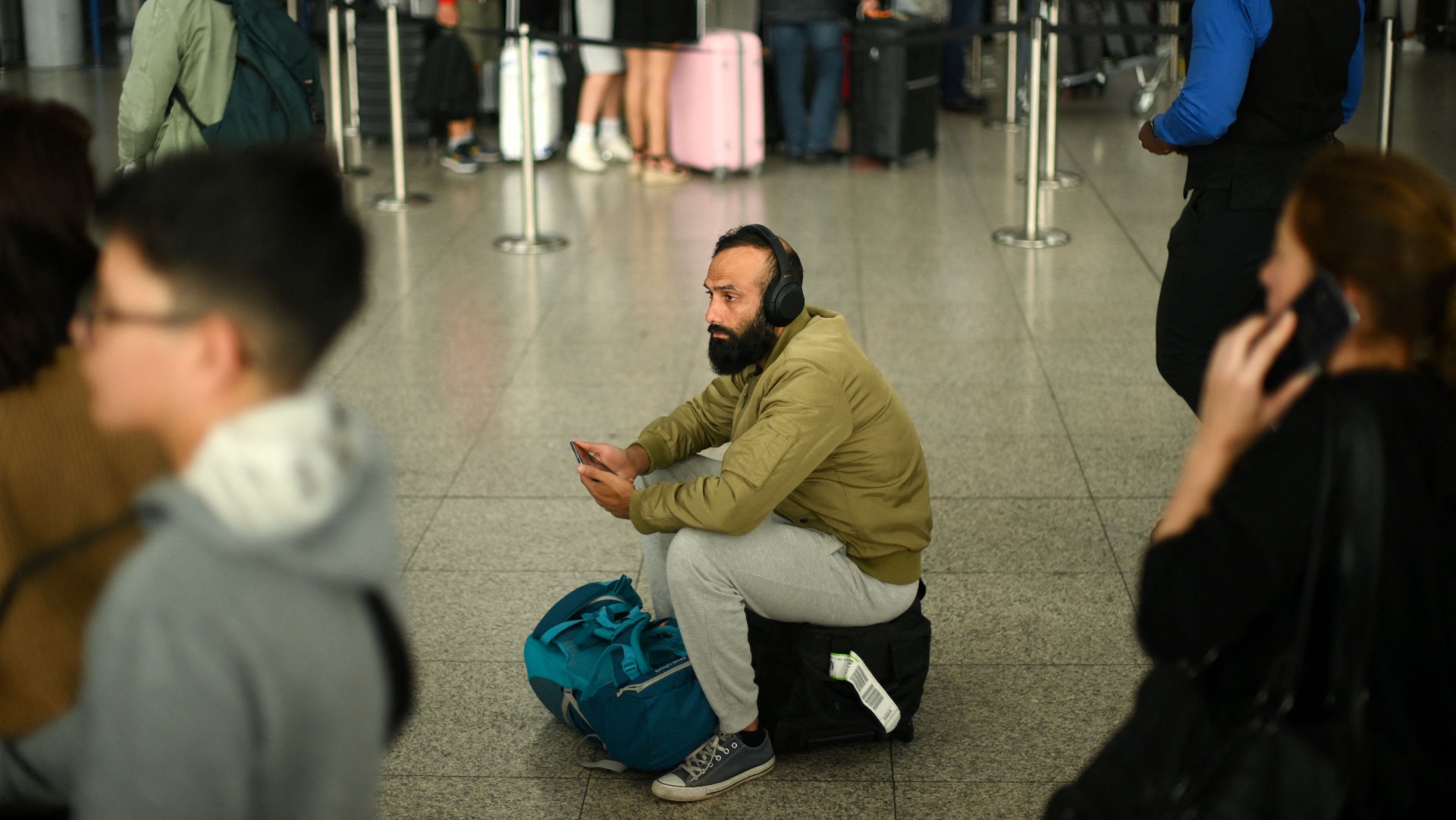 Disruption to flights could last days after air-traffic control failure
Disruption to flights could last days after air-traffic control failureSpeed Read ‘Technical issue’ that grounded hundreds of planes to and from UK having knock-on effect on schedules
-
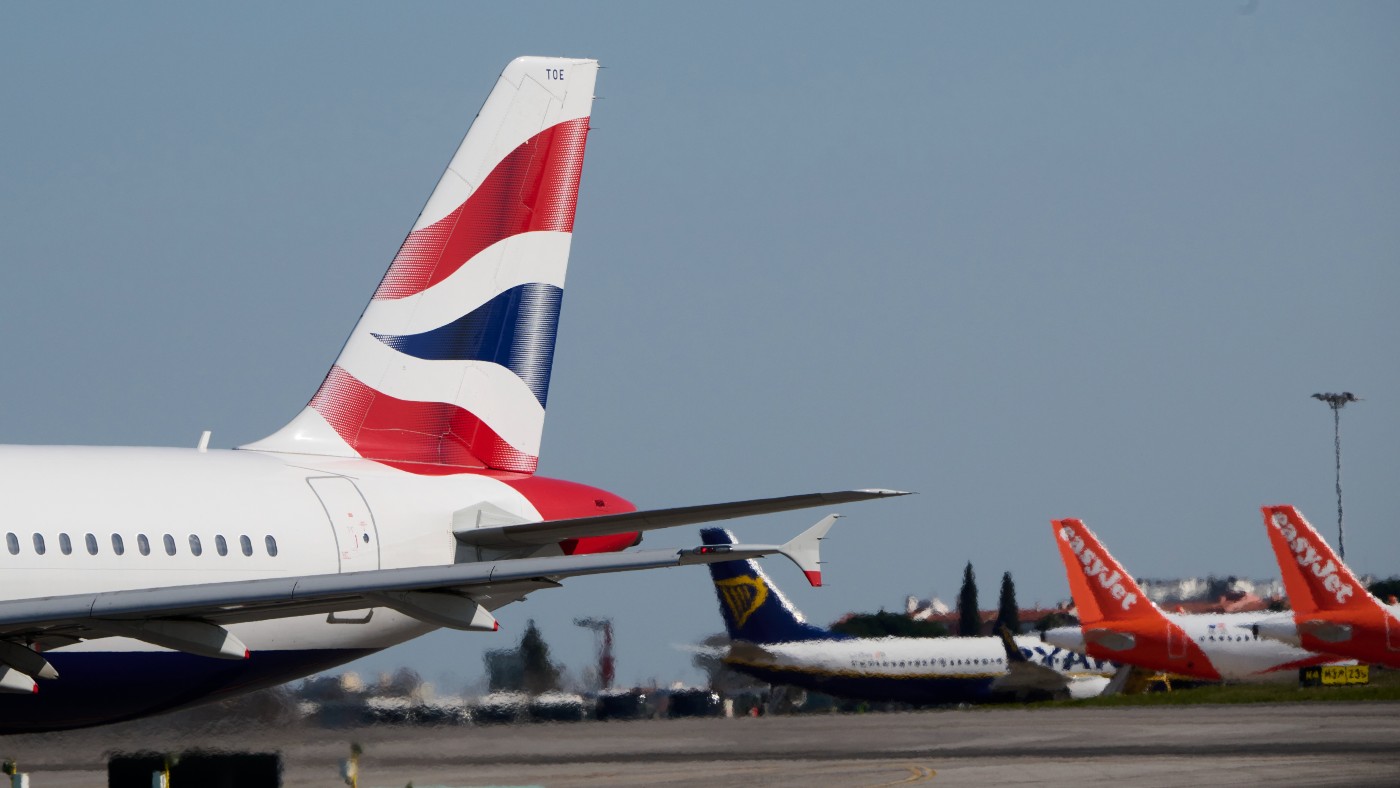 Is British Airways in trouble?
Is British Airways in trouble?Today's Big Question Carrier has been forced to extend suspension of ticket sales for Heathrow flights
-
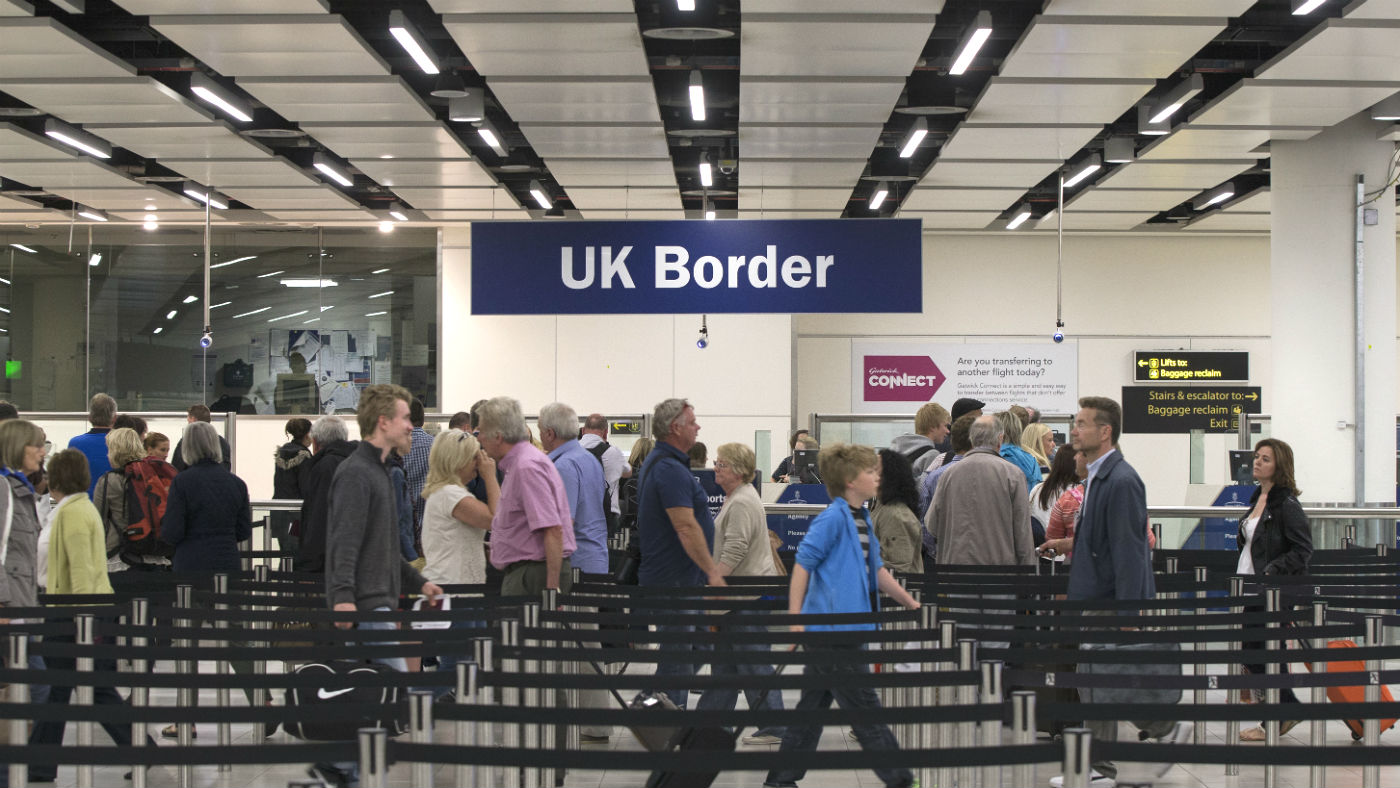 Passport queues at Heathrow Airport hit two-and-a-half hours
Passport queues at Heathrow Airport hit two-and-a-half hoursIn Depth UK Border Force routinely failing to meet targets for processing passengers from outside EEA